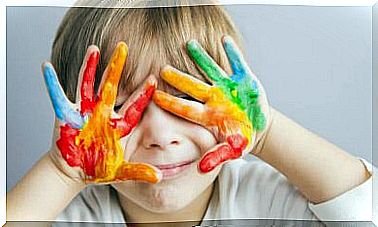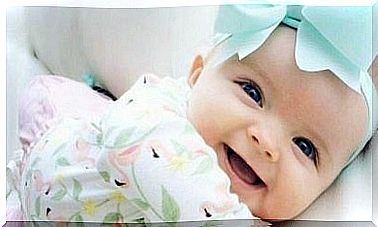What Does Baby Feel When You Cry With Sadness During Pregnancy?
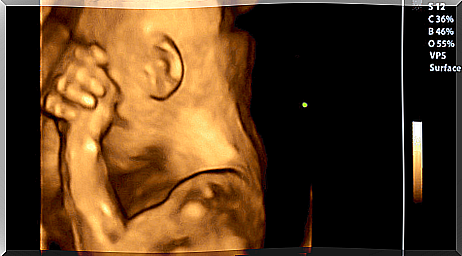
You are the closest contact with the outside world as well as your baby’s inner world.
Science has shown that, during pregnancy, your baby feels the same things as you and with the same intensity.
If you cry with sadness, your baby will experience this emotional state firsthand. He will feel as if this sadness and this anguish are his.
During pregnancy, your baby is preparing for life. It does this through the messages you, as a mother, provide, says Curt A. Sandman, one of the researchers who participated in a study recently conducted by the University of California-Irvine.
This study shows that the change in the mother’s mental state influences the baby’s development before and after birth.
This research proves that when a baby is in the mother’s womb, it is an active participant in its own development. Especially since during this phase he is gathering information for life after birth.
One of the most impressive discoveries of this scientific work, in which Elysia P. Davis and Laura M. Glynn also participated, is that the baby can feel his mother’s psychological state.
The placenta receives the hormonal signals that stem from sadness
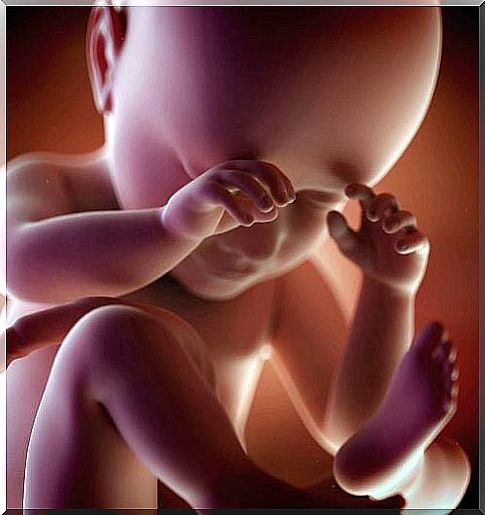
As the baby grows, he constantly receives messages from his mother. These are not just about listening to the heartbeat or listening to the music that the mother plays near her belly.
These messages go further. At this stage, the baby receives chemical signals through the placenta. Among these signs is Mom’s state of mind. The hormones that mothers produce when they experience emotions pass through the placenta.
That way, if the mom is very sad or depressed, the baby can feel it. This emotional state affects the baby’s development for much of his life .
In the long run, having a depressed mother can cause neurological problems and psychiatric disorders, says Sandman .
What’s more, the same group of researchers found in an earlier study that older children whose mothers became anxious during pregnancy, which is often a symptom of depression, show differences in some brain structures.
However, studies will need to be conducted over decades to determine exactly what it means, in the long term, for a child’s health to have a depressed mother.
Emotional changes influence the baby’s emotional development
It’s a fact: the change in the mother’s mental state can influence the baby’s development before and after birth.
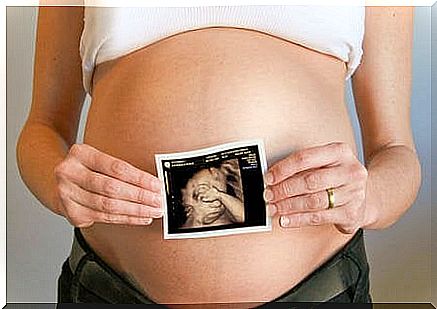
Therefore, the ideal in this type of case is to treat prenatal depression. A disease that science already knows how to deal with.
However, the problem, according to the researchers, is that women very rarely undergo a psychological or psychiatric evaluation before the baby is born.
The most recommended, during the time of pregnancy, is that the mother maintain a balanced emotional state. Because this will make the baby develop in the best way.
What most affects children’s development, according to the research, is the constant fluctuation of the mother’s emotional state.
For the baby also loses balance when he senses his mother’s short intervals of happiness, which turn unexpectedly into sadness or stress.
In turn, a group of psychologists specialized in the prenatal phase of pregnancy ensures that the baby, in addition to perceiving the mother’s feelings, also perceives her thoughts. These likewise influence the baby’s development.
so avoid the bad feelings
In this sense, the baby of a mother who did not want the pregnancy feels the rejection she feels for him. This creates emotional problems for the baby in the future.
Ideally, at this very important stage, you try to feel calm. Therefore, avoid at all costs going through moments of stress or negative feelings.
For this you can perform meditation, relaxation or yoga exercises. All can help you overcome anxiety and sadness.


